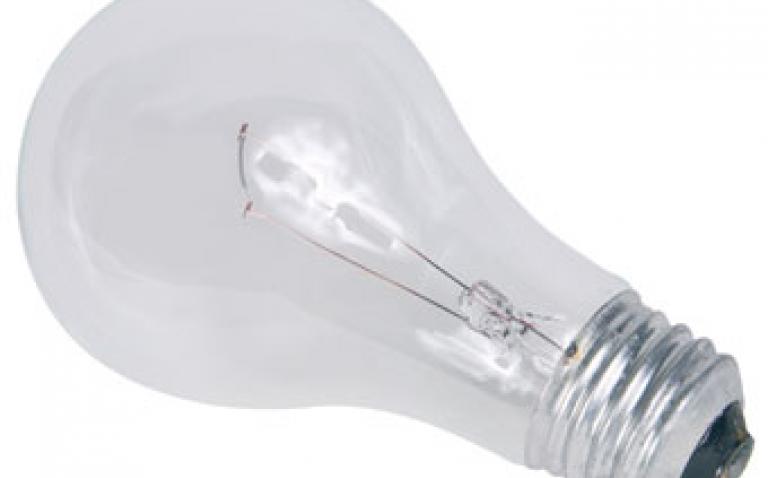Businesses which have products or technologies that could help prevent the spread of MRSA or similar infections are being asked to come forward to take part in a new NHS programme.
The NHS is seeking the most effective new solutions from across all industry sectors to help in the fight against healthcare associated infections (HCAIs). The Smart Solutions for HCAI programme offers businesses the chance to have their product assessed by a team of independent experts, with a view to evaluating it in a hospital setting and potentially supplying it across the NHS.
Reducing HCAIs is one of the top priorities for the NHS in the coming years. It is investing significant sums in improving infection prevention and control and has set itself some challenging targets. While the basic ways of reducing HCAIs are largely unchanged, new technologies and equipment could help to meet these goals more quickly.
The Smart Solutions programme aims to identify new technologies generated by businesses in healthcare or other commercial sectors that are not currently in use, or have not been widely adopted, within the NHS.
These may include new types of medical equipment, but could equally be technologies currently used in non-healthcare applications, such as new types of packaging, coatings or textiles to name but a few. The programme is open to businesses or other non-NHS organisations of any size, from any sector.
Project director Bryan Griffiths from TrusTECH, the NHS Innovation Hub for the North West of England which is managing the project on a national basis, said medical equipment, aerospace, automotive, food and drink, engineering, pharmaceuticals and manufacturing were amongst the sectors which could offer potential solutions.
He said: “Our aim is to find the most effective new solutions to control HCAIs and we are keeping an open mind as to where these could come from. Whether it is a product from a medical company, something developed for a completely different purpose or even an idea from an entrepreneurial inventor working in their spare room, we will assess its potential.
“There may be some sectors which prove to be a particularly good source of ideas – especially those which are highly regulated and have had to innovate to meet hygiene standards, or which may have developed ‘cleanroom’ technologies to provide the right conditions for manufacturing and processing. The originators of these technologies may not have even considered the fact that they may have infection control applications and could generate an additional source of revenue.
“The Smart Solutions programme is an opportunity for companies to have their products tested for use within the NHS, and potentially offers a ‘fast track’ route to becoming a supplier to hospitals and healthcare organisations across the UK.”
Applications can be submitted online via the website on or before 26 September 2008.










